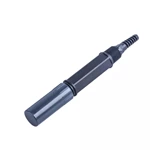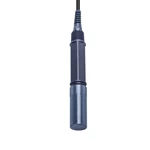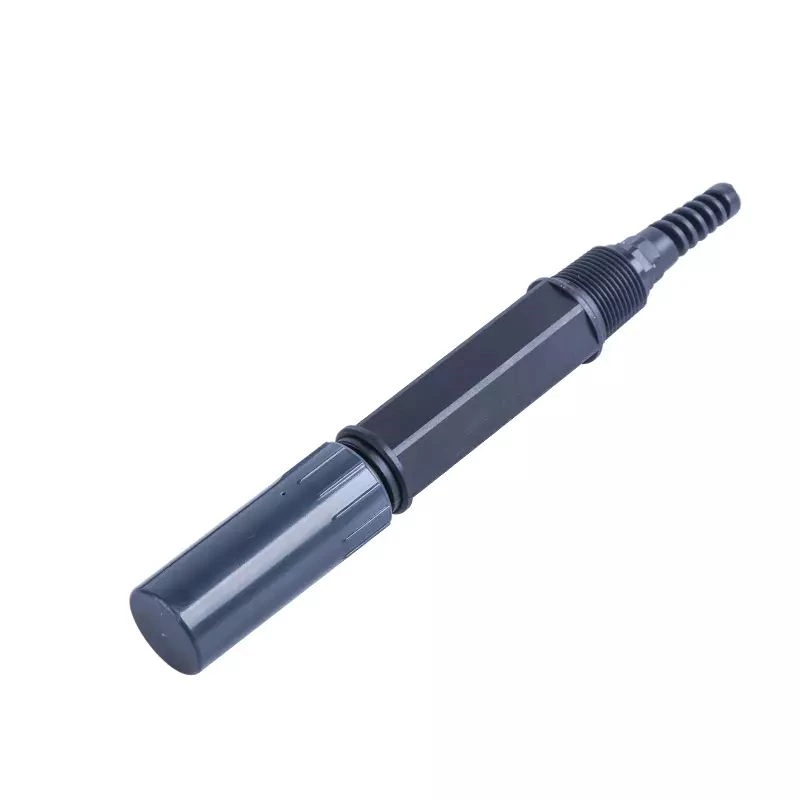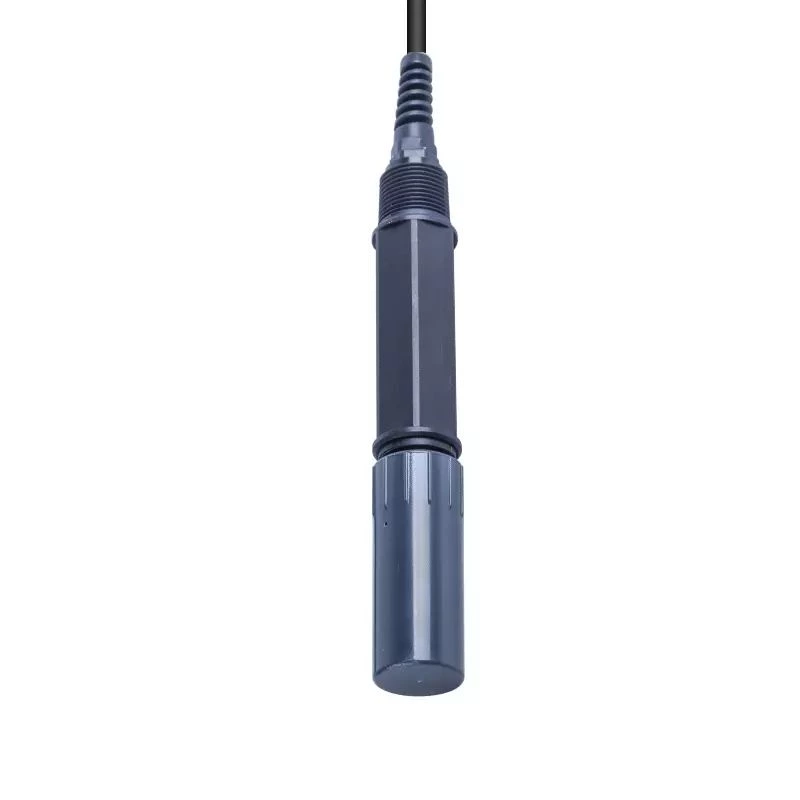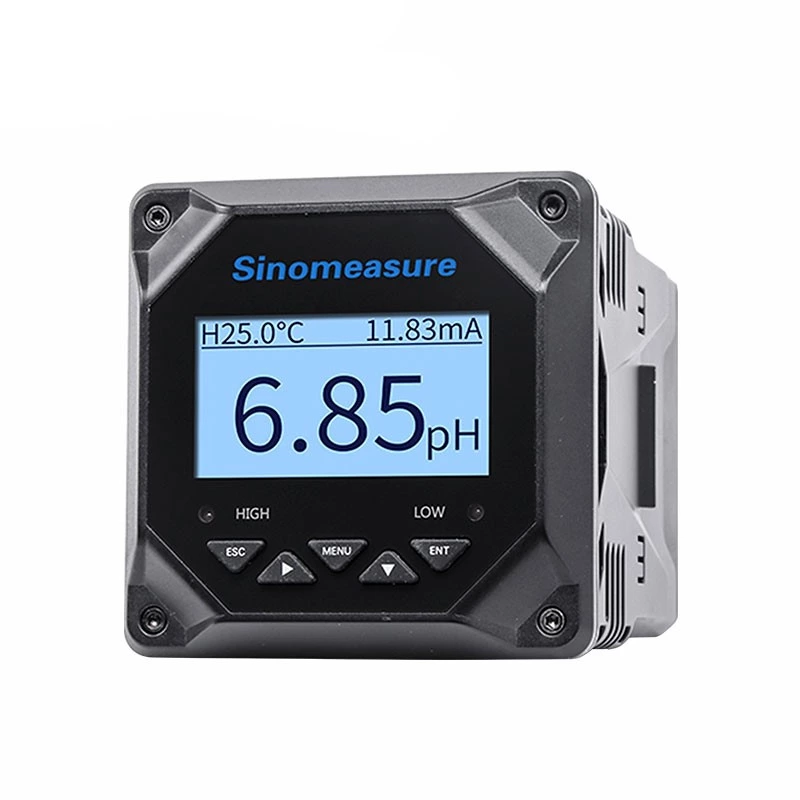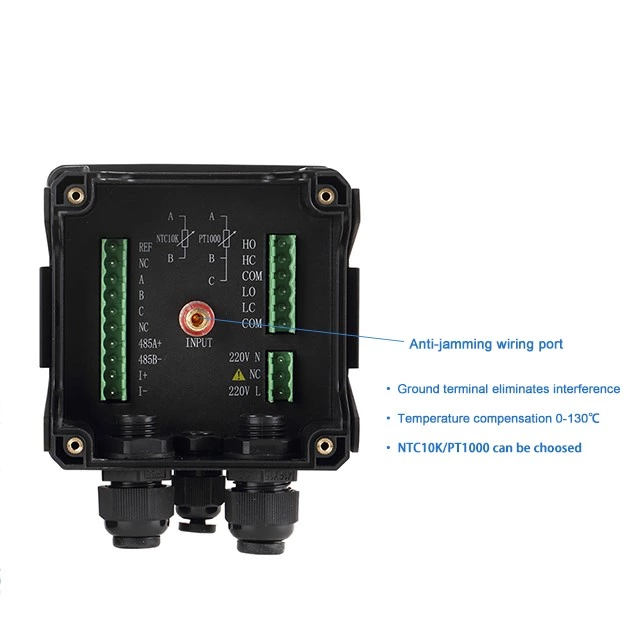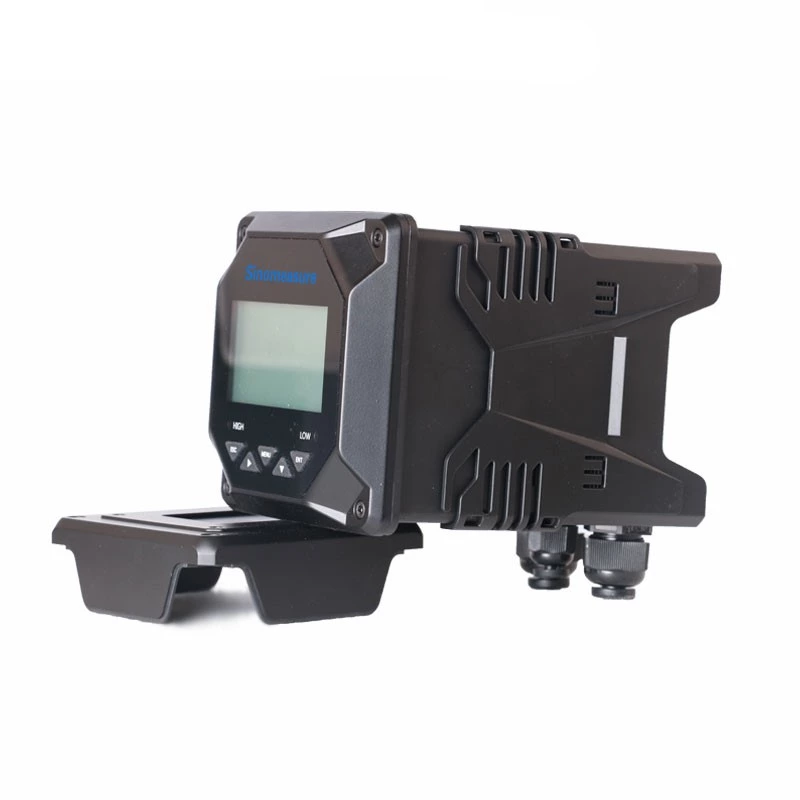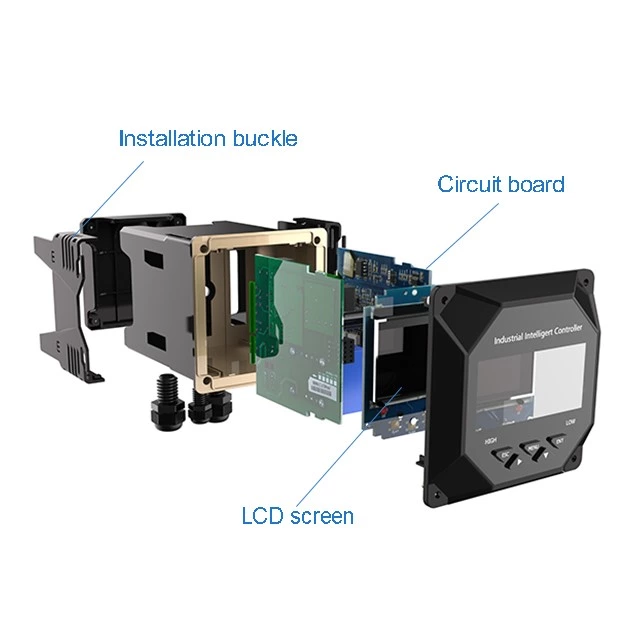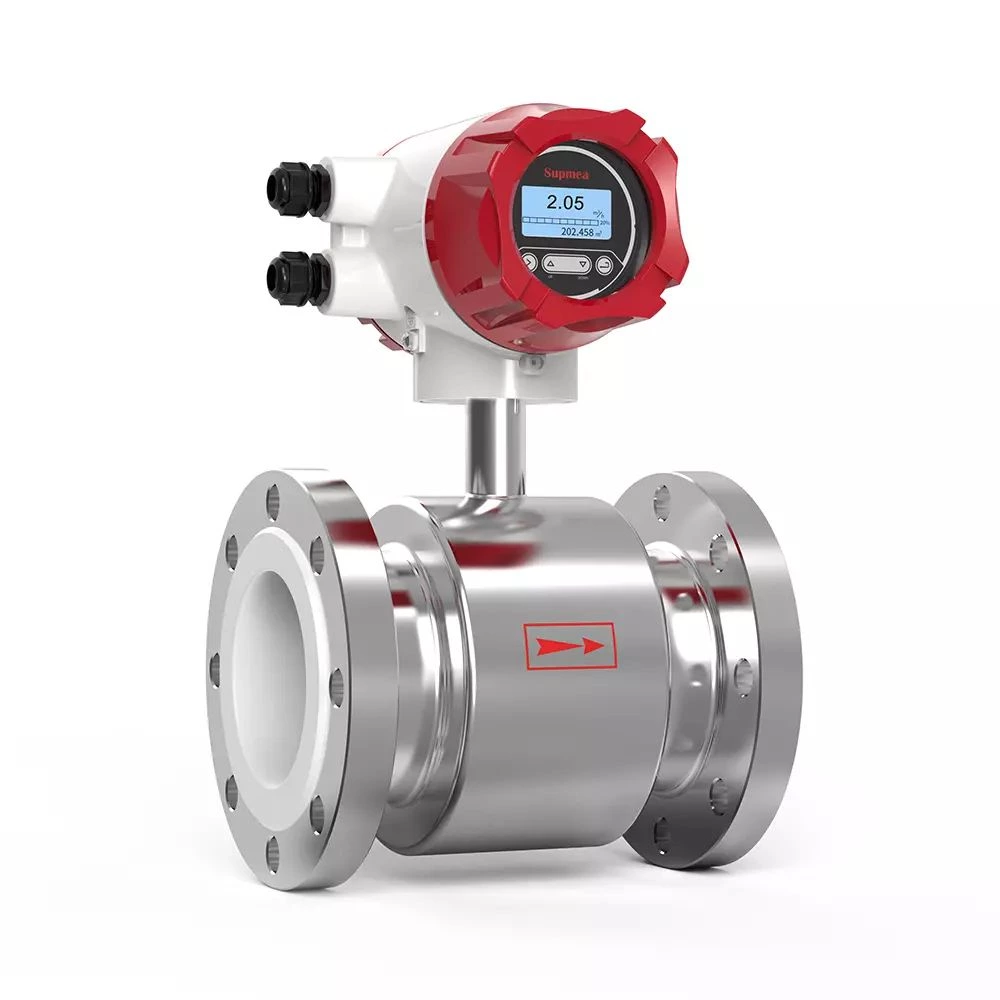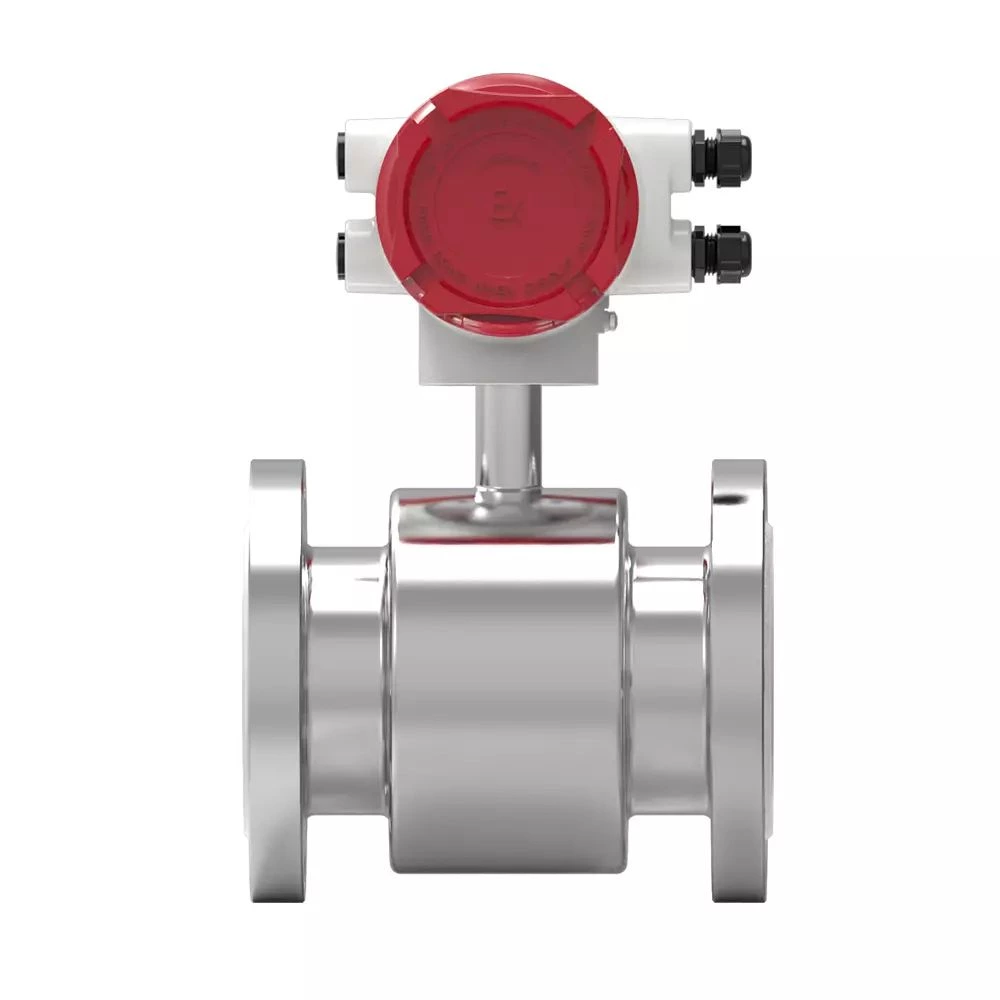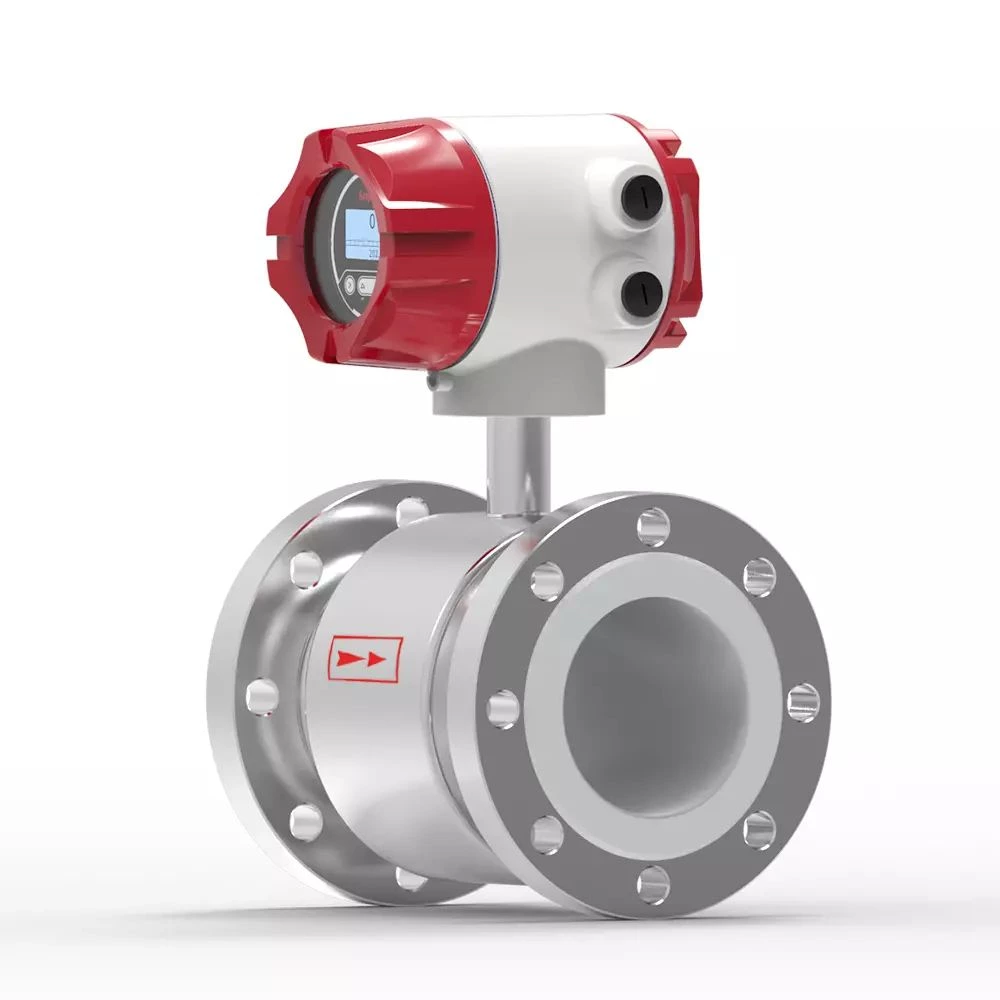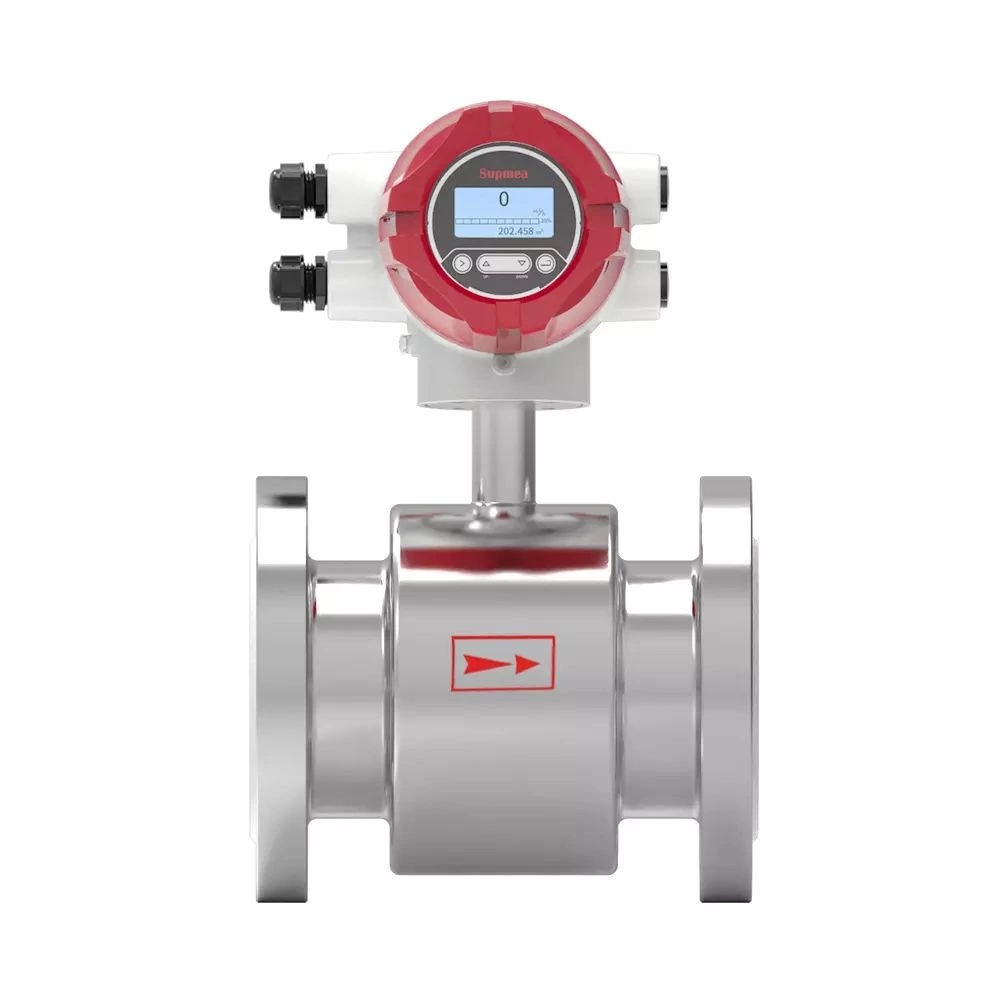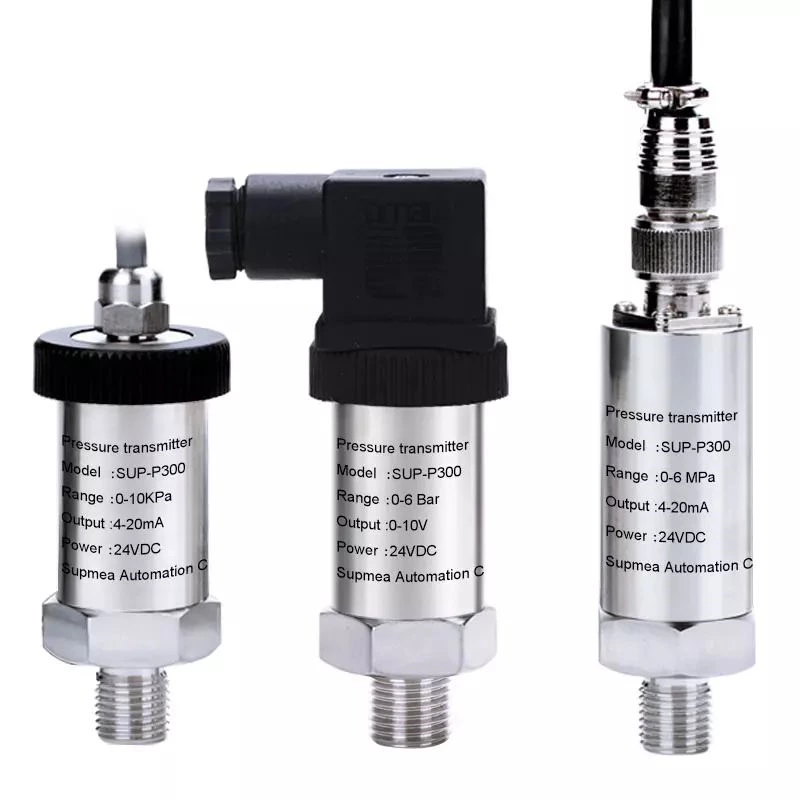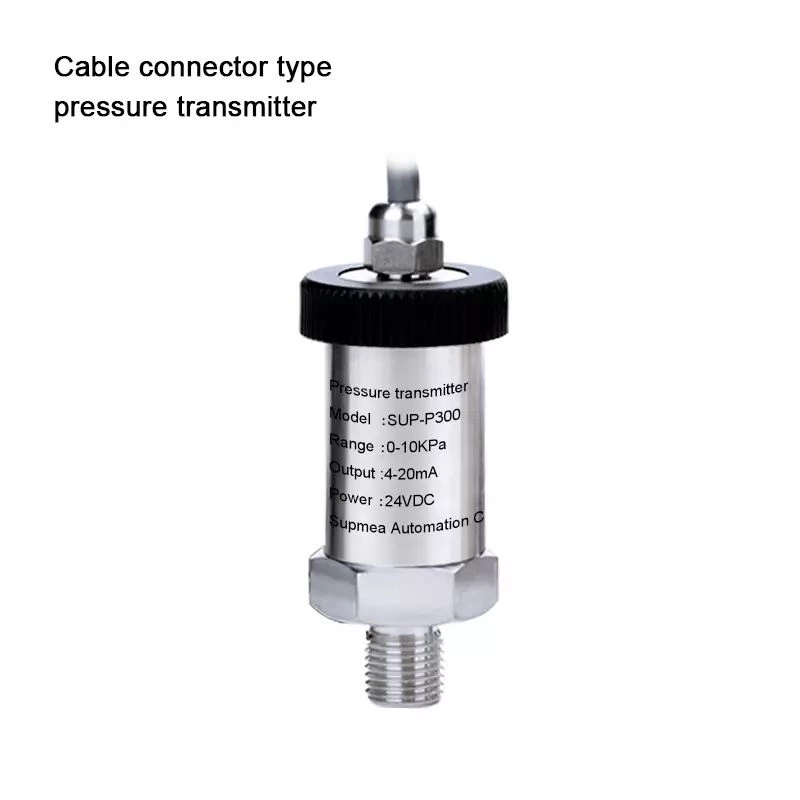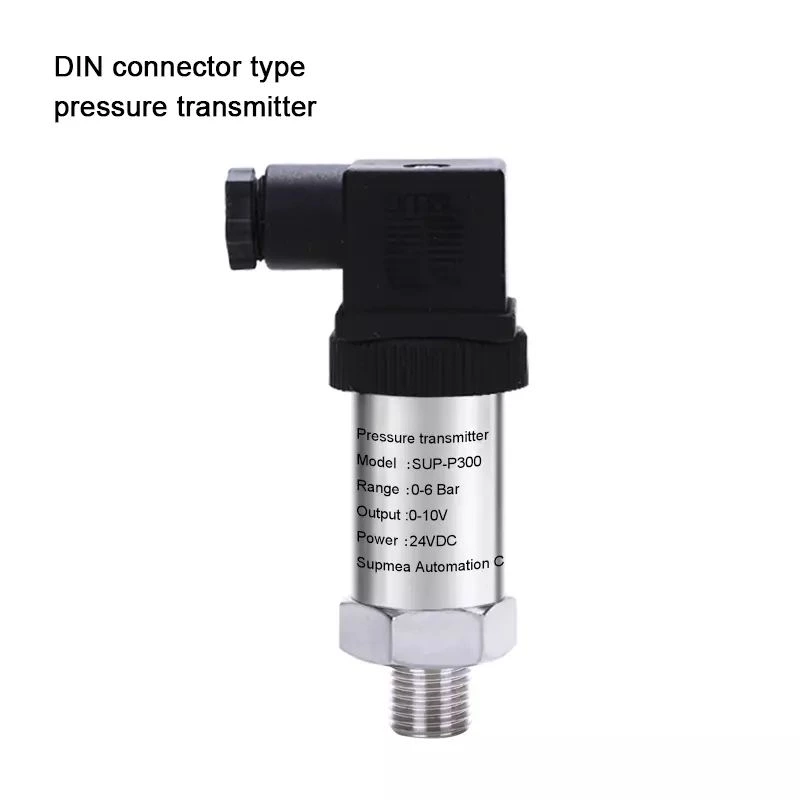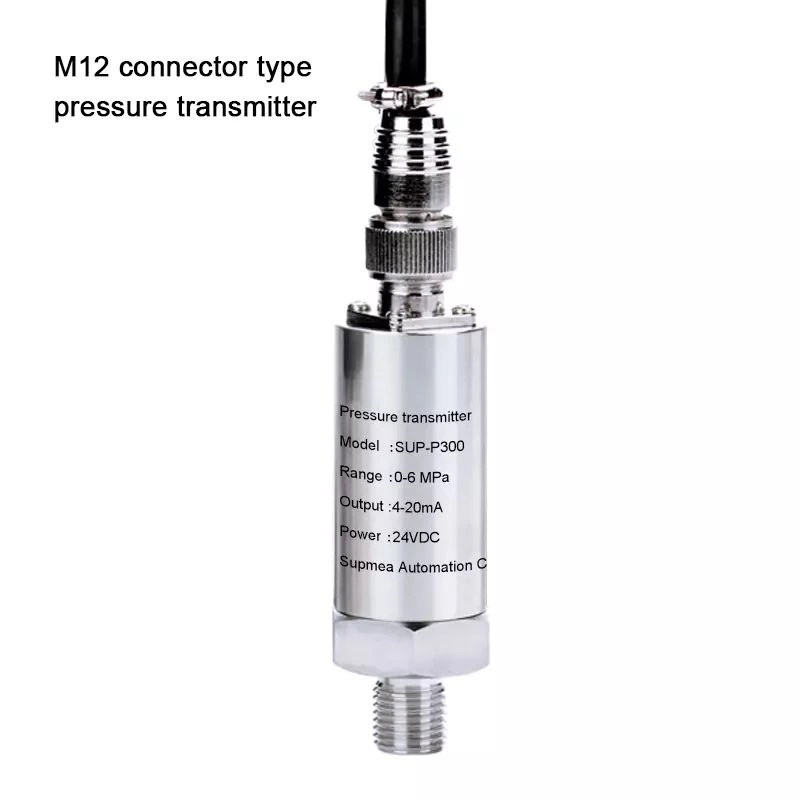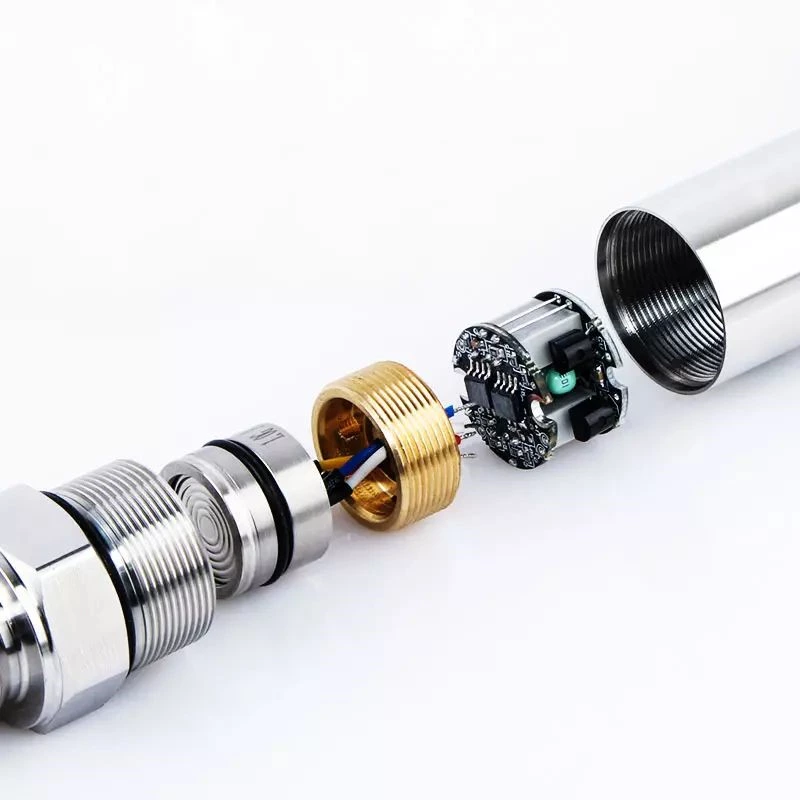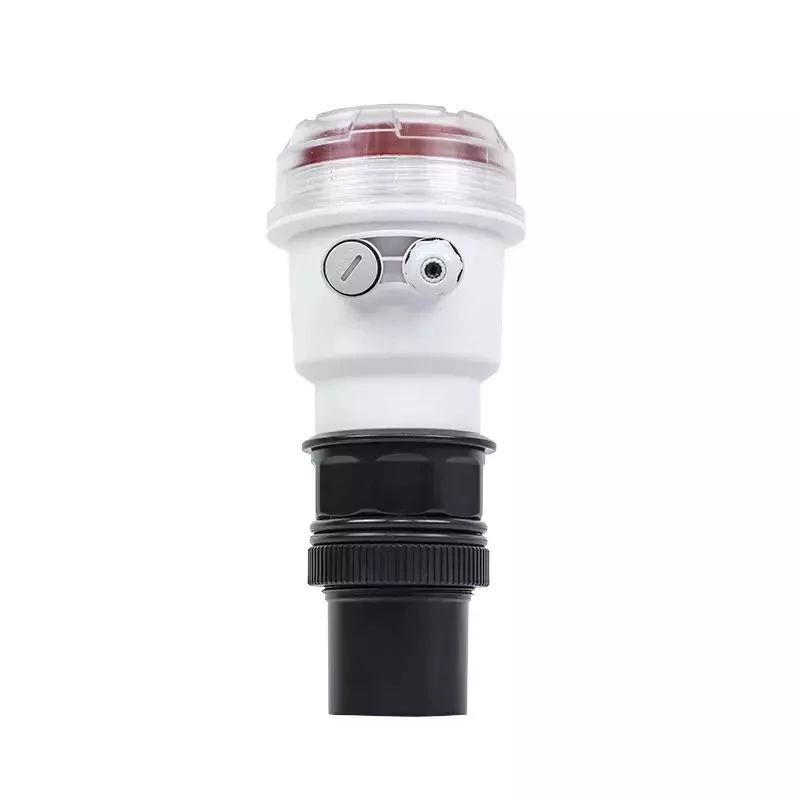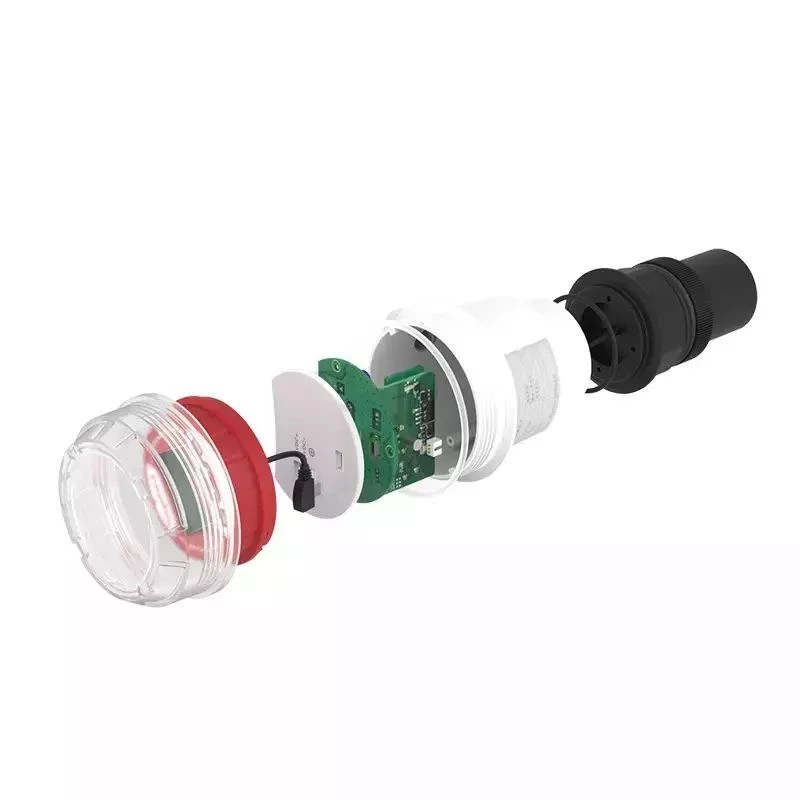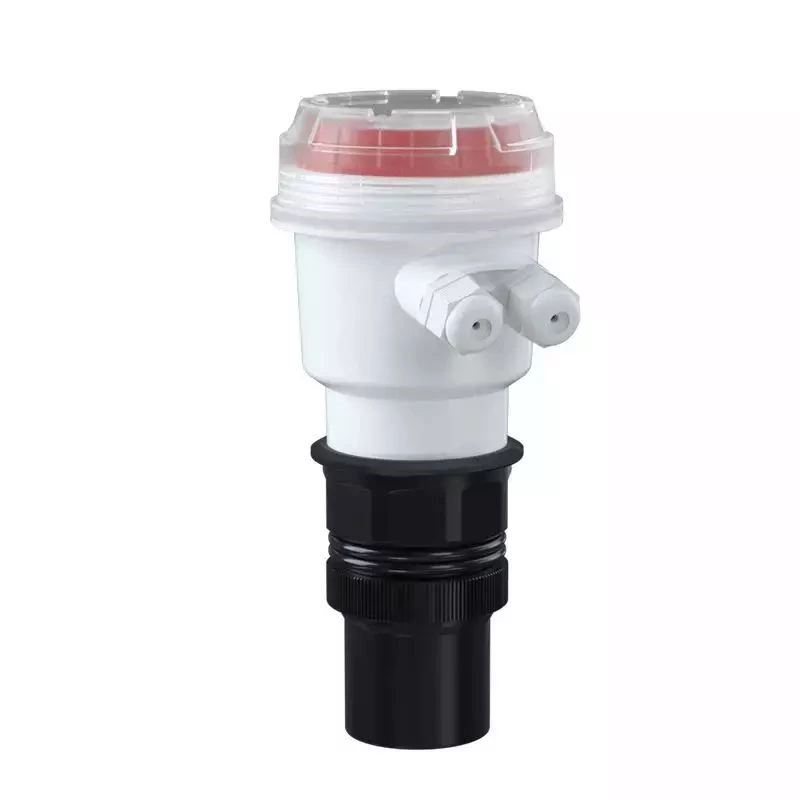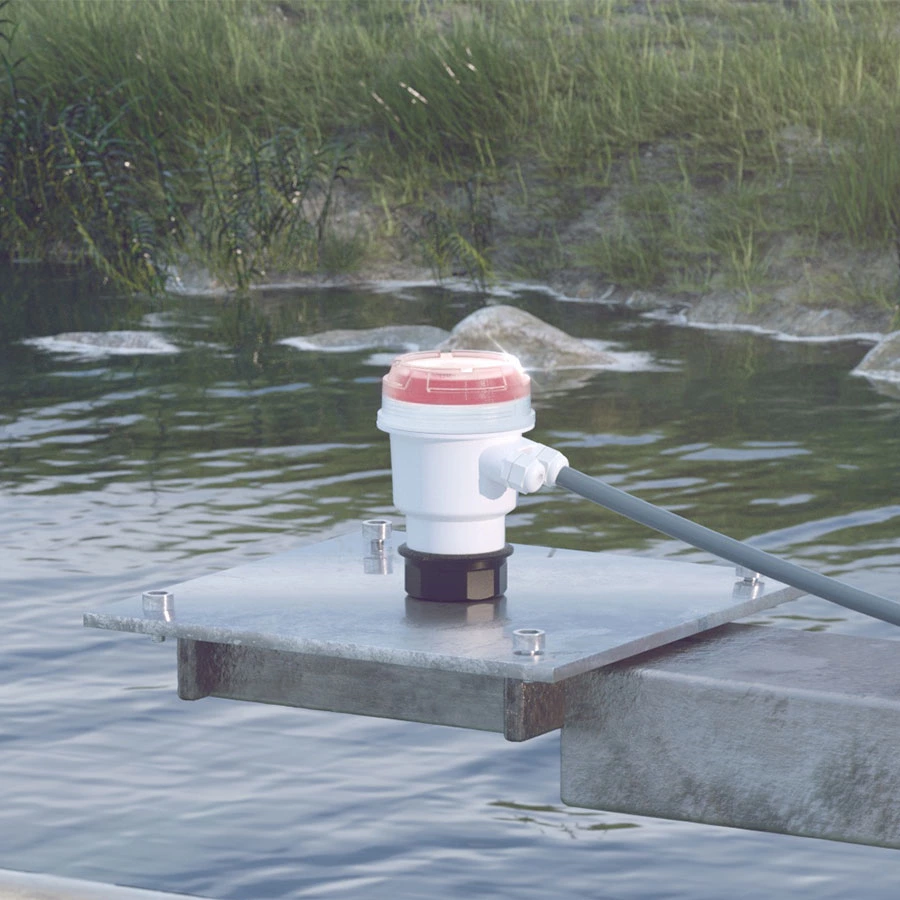-
Introduction
EC probes and sensors are electronic devices used to measure the electrical conductivity (EC) of a liquid sample. They work by applying a voltage between two electrodes in the liquid and measuring the flow of current between them. The results of the measurement are displayed in digital form on a readout. EC probes and sensors are widely used in water treatment, agriculture, and chemical research. They can be used to measure the concentration of minerals in water, the purity of a liquid, and the level of contamination. Additionally, the readings from an EC probe and sensor can be used to identify the chemical composition of a sample and determine how different substances are affecting the conductivity of the liquid.
-
Specification
| Product | 4 Electrodes conductivity sensor |
| Model | SIN-TDS7002 |
| Measure range | 10us/cm~500ms/cm |
| Accuracy | ±1%FS |
| Thread | NPT3/4 |
| Pressure | 5 bar |
| Material | PBT |
| Temp compensation | NTC10K (PT1000, PT100, NTC2.252K optional) |
| Temperature range | 0-50℃ |
| Temperature accuracy | ±3℃ |
| Ingress protection | IP68 |
SIN-TDS7002 online conductivity/resistivity sensor, an intelligent online chemical analyzer, is widely applied for continuous monitoring and measurement of EC value or TDS value or Resistivity value and temperature in the solution in the industry of thermal power, chemical fertilizer, environmental protection, metallurgy, pharmacy, biochemistry, food and water etc.
-
Description
-
Intelligent temperature compensation design: Instrument integrated automatic, manual dual temperature compensation mode Support NTC10K temperature compensation components, suitable for a variety of measurement occasions, temperature compensation type a key adjustable.
-
A variety of functions in one: conductivity/ EC/ TDS measurement capabilities to achieve two in one, cost-effective integrated design to support the boiler water, RO water treatment, sewage treatment, pharmaceutical industry and other liquid measurement and monitoring.
